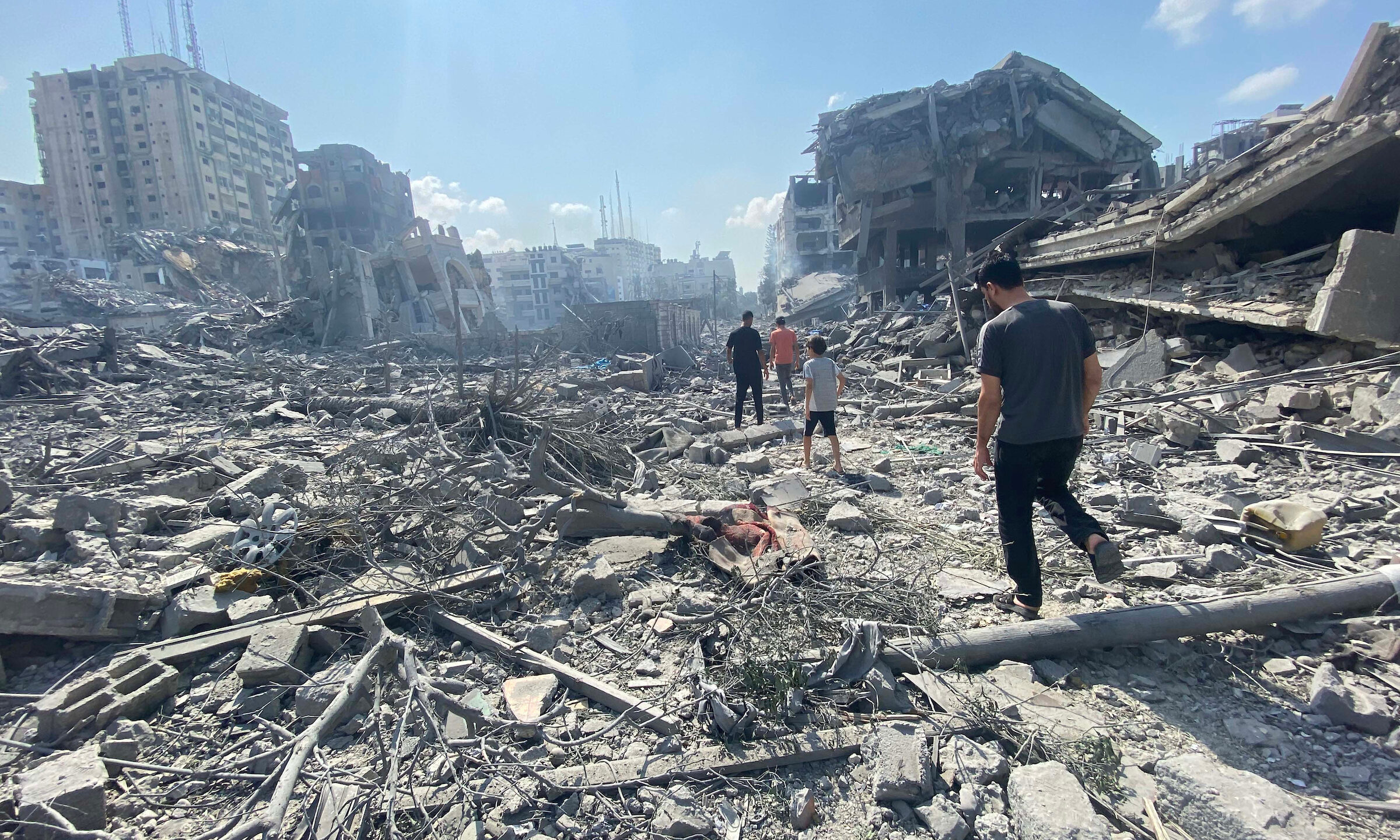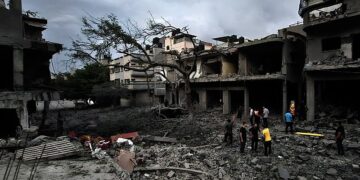March 19, 2025
The Israel-Hamas ceasefire deal was just an illusion of progress

As painful as it is to say, it was only a matter of time before the ceasefire in Gaza collapsed. This is precisely what happened in the early morning hours of Tuesday, when Israel resumed its military operation against Hamas with simultaneous airstrikes across the enclave. More than 400 people were killed in the bombings, a tally that, according to UNICEF reports, included more than 130 children in what the organization labeled one of the largest single-day child death tolls in the last year. Israeli airstrikes continued Wednesday, and if one takes Israeli Prime Minister Benjamin Netanyahu at his word, the renewed Israeli air campaign is “only the beginning.”
The cautious optimism that was generated after Israel and Hamas agreed to the three-stage proposal in mid-January—at the urging of President-elect Donald Trump—has been wiped away and replaced by despair and fear about what comes next. Although the ceasefire gave civilians on the ground some much-needed respite, maintaining it to its completion proved about as difficult as climbing Mount Everest without a shirt. Because the agreement was structured in multiple phases, many of the big political decisions—from coming to a consensus on ending the war to rebuilding Gaza and creating a whole new political authority for the enclave after 17 years of Hamas rule—were effectively kicked to a later date.
It gave us all the illusion of progress as Israel and Hamas traded hostages for prisoners. Even the so-called easy part wasn’t without hiccups; the damning handover ceremonies organized by Hamas caused such anger within the Israeli government that it delayed scheduled releases of Palestinian prisoners in response.
More on Middle East

Featuring William Walldorf
September 28, 2025
Events on Israel-Hamas








